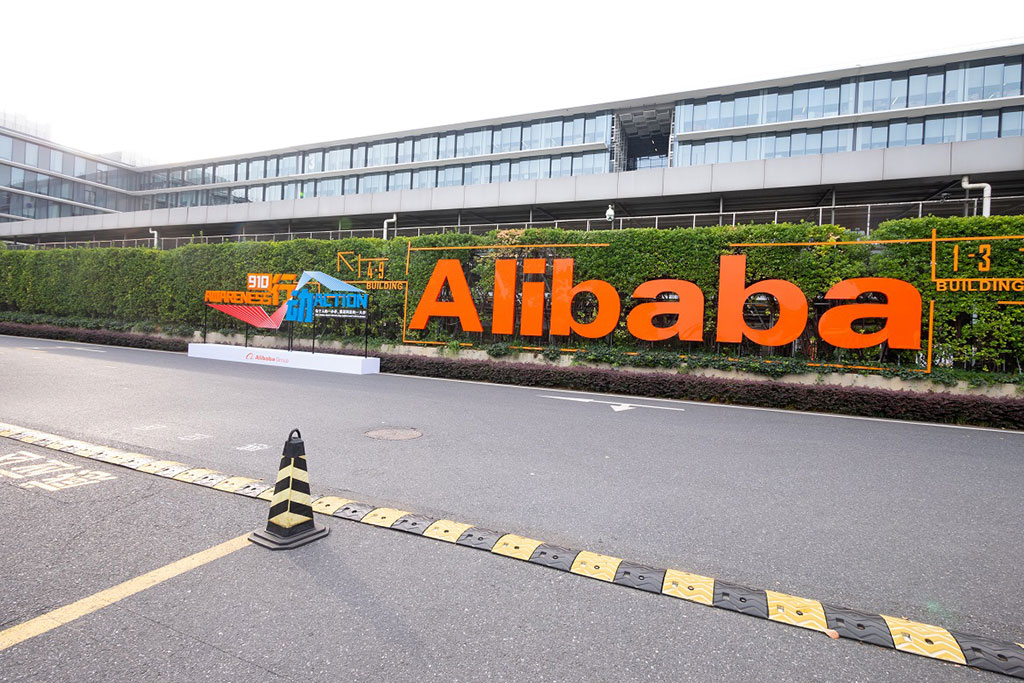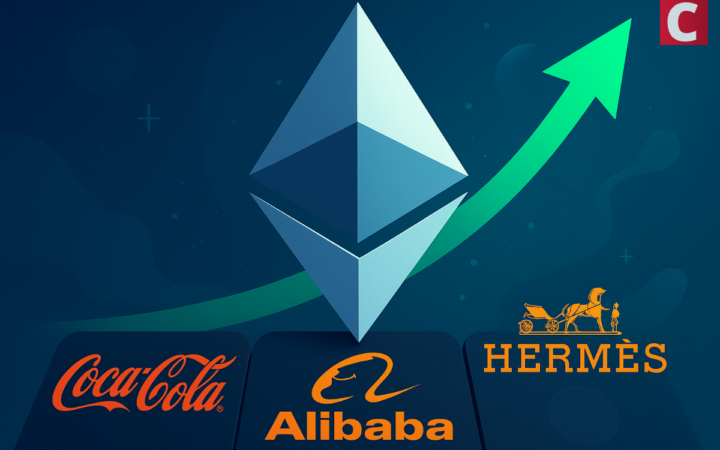
Darya is a crypto enthusiast who strongly believes in the future of blockchain. Being a hospitality professional, she is interested in finding the ways blockchain can change different industries and bring our life to a different level.
Apart from Tongyi Qianwen 2.0, Alibaba has launched eight AI models for the entertainment, finance, healthcare, and legal industries. Among them is the GenAI Service Platform that allows companies to build their own generative AI applications, using their own data.
 Edited by Julia Sakovich
Updated
3 mins read
Edited by Julia Sakovich
Updated
3 mins read

Chinese giant Alibaba Group Holding Limited (NYSE: BABA) has released an upgraded version of Tongyi Qianwen – its AI model that serves as a ChatGPT-like interface for all its business apps across Alibaba’s ecosystem. The version is known as Tongyi Qianwen 2.0, it “demonstrates remarkable capabilities in understanding complex instructions, copywriting, reasoning, memorizing, and preventing hallucinations”.
Apart from Tongyi Qianwen 2.0, Alibaba has launched eight AI models for the entertainment, finance, healthcare, and legal industries. Among them is the GenAI Service Platform that allows companies to build their own generative AI applications, using their own data.
Alibaba co-founder Joe Tsai stated:
“We aim to be the most open cloud in the era of AI. We hope that through this cloud [platform], it will become easier and affordable for everyone to develop and use AI.”
Alibaba revealed its Tongyi Qianwen in April. In September, the model became available to the public. Developed by Alibaba DAMO Academy, Tongyi Qianwen shares similarities in functionality with ChatGPT. and can produce human-like responses to queries, serving as the basis for the generative AI experiences we are familiar with today. The developers refer to the model as an ‘idea-generator’ and ‘efficiency assistant’. The model is built on Tongyi, the AI framework produced by Alibaba, and has been trained on vast amounts of data to produce conversational, creative responses to user prompts.
The updated version has “hundreds of billions” of parameters – a benchmark used to measure AI model power, which makes it one of the world’s most powerful AI models by that metric.
Jingren Zhou, CTO of Alibaba Cloud, commented:
“Large language models hold immense potential to revolutionize industries. We’re committed to using cutting-edge technologies, including generative AI, to help our customers capture the growth momentum forward. To help businesses better reap the benefits of generative AI in a cost-effective way, we are launching a more powerful foundation model as well as industry-specific models to tackle domain-specific challenges. Through these initiatives, we hope that our proprietary models can deliver real values to our customers to improve operation efficiency and stay competitive.”
The Tongyi Qianwen model is a Chinese competitor to the models developed by American giants like Amazon.com Inc (NASDAQ: AMZN) and Microsoft Corporation (NASDAQ: MSFT).
Notably, the approach to regulating AI in China and the US differs a lot. China’s approach to AI is vertical and characterized by a dual emphasis on promoting AI innovation while ensuring state control over the technology. The country’s focus is on integrity, stability, and adherence to a strict framework. China’s AI regulation is mainly addressing two distinct challenges – AI-driven recommendation algorithms and deep synthesis tools, often used to create deepfakes.
Meanwhile, the US lacks a unified AI strategy, taking a fragmented approach spread across voluntary recommendations and non-binding regulations. As such, it is fair to say that China is far ahead of the US in terms of AI regulation, seeing the technology as a tool to advance its economy and leadership.
Disclaimer: Coinspeaker is committed to providing unbiased and transparent reporting. This article aims to deliver accurate and timely information but should not be taken as financial or investment advice. Since market conditions can change rapidly, we encourage you to verify information on your own and consult with a professional before making any decisions based on this content.

Darya is a crypto enthusiast who strongly believes in the future of blockchain. Being a hospitality professional, she is interested in finding the ways blockchain can change different industries and bring our life to a different level.





